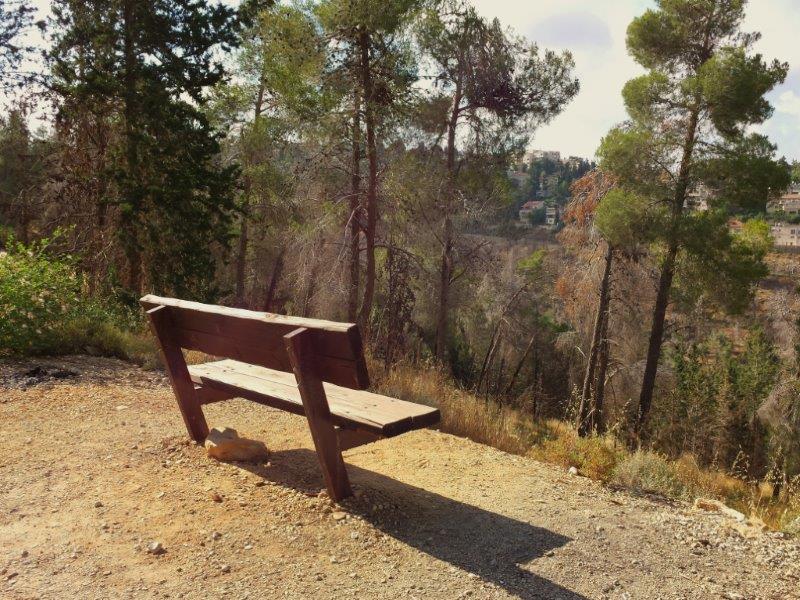
Overview: Individualism vs. Collectivism
The high side of this dimension, called Individualism, can be defined as a preference for a loosely-knit social framework in which individuals are expected to take care of themselves and their immediate families only. Its opposite, Collectivism, represents a preference for a tightly-knit framework in society in which individuals can expect their relatives or members of a particular in-group to look after them in exchange for unquestioning loyalty. A society’s position on this dimension is reflected in whether people’s self-image is defined in terms of “I” or “we.” (Hofstede, n.d. b)
On the scale for individualism, a higher score indicates a country more inclined to individualism. The Netherlands ranked 4/5 on this scale out of 53 countries and regions; to say it is among those countries that value individualism most. Only the United States, Australia and Great Britain ranked higher. Israel ranked 19, which is still above the world average. The Arab countries ranked 26/27, somewhat below the world average, and tending to collectivism (Hofstede, 2001). We may postulate that the Bedouins, living a rural life tend more to collectivism than the average person in the Arab world does. It needs to be noted that the difference on this scale between the Netherlands and the Arab countries is very large. Nevertheless, according to Hofstede the populations of many countries – especially Latin American, African and Asian countries – are still more inclined to collectivism than measured in the Arab countries.
The differences in value orientation as regarding individualism and collectivism may express themselves in many aspects of the friendship. Following, I will provide examples for four of these aspects, namely perceptions of the friendship itself, getting acquainted, meals and other celebrations, and work attitudes. After that, I will try to provide some insight in the socio-political (collective) context of our friendship.







